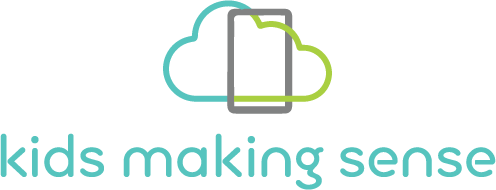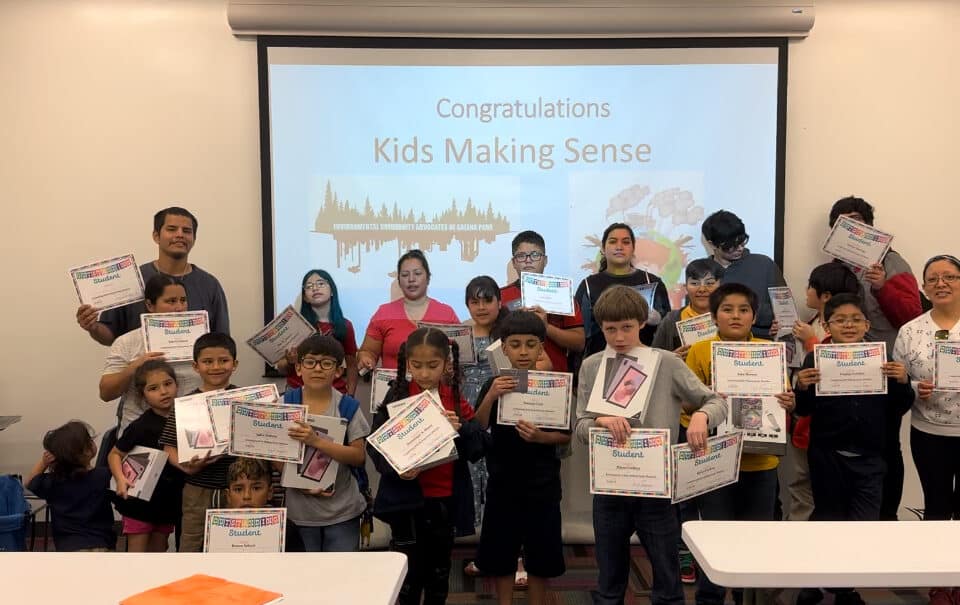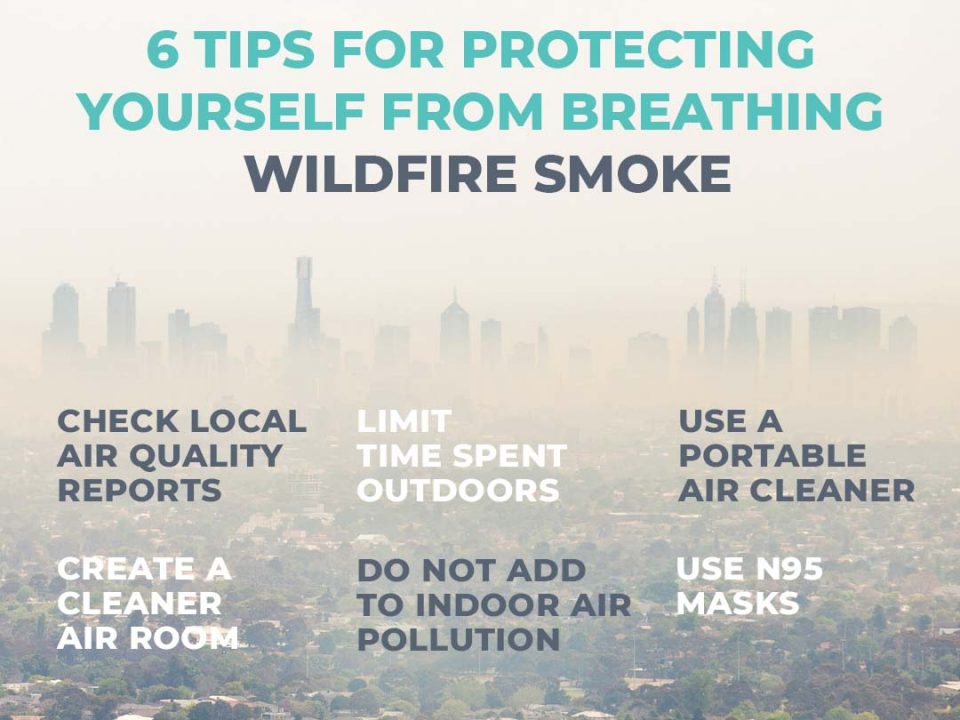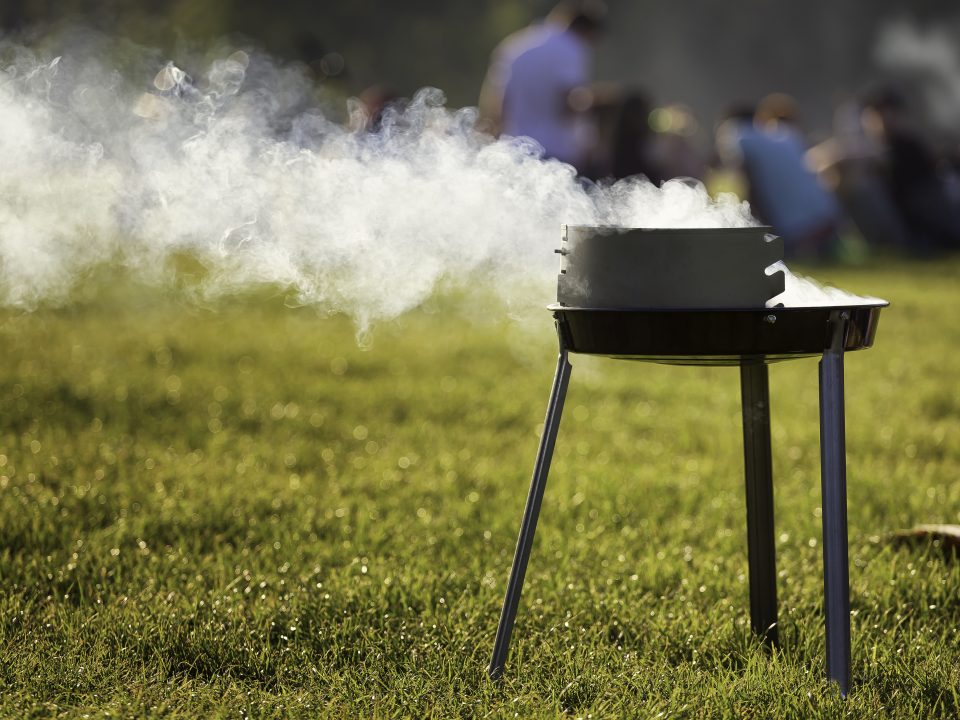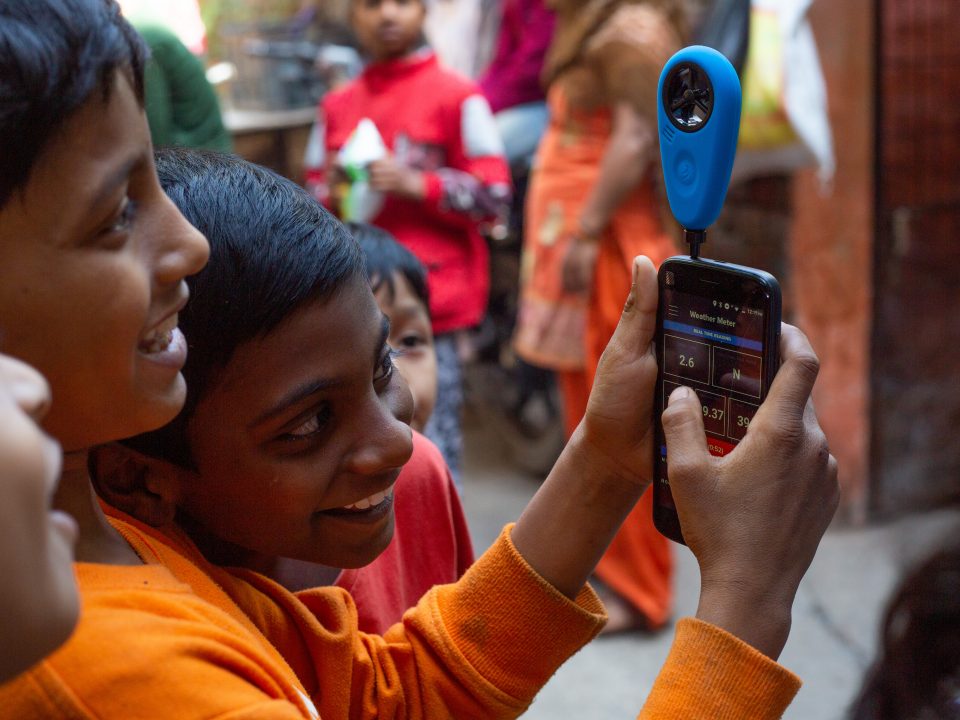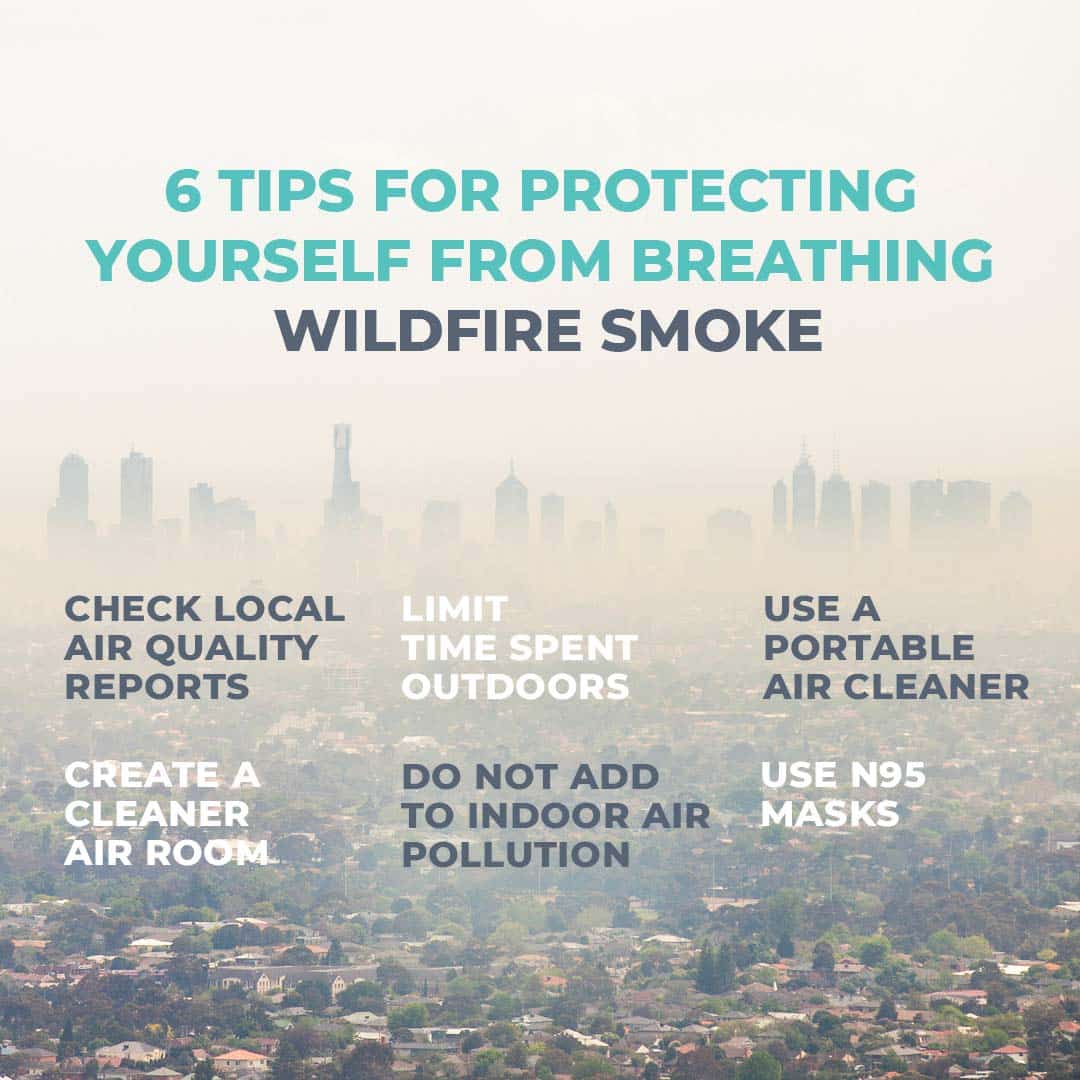
Tips for protecting yourself from breathing in wildfire smoke
June 12, 2023
Community Members in Texas Use Air Sensors to Increase Air Quality Awareness
September 30, 2024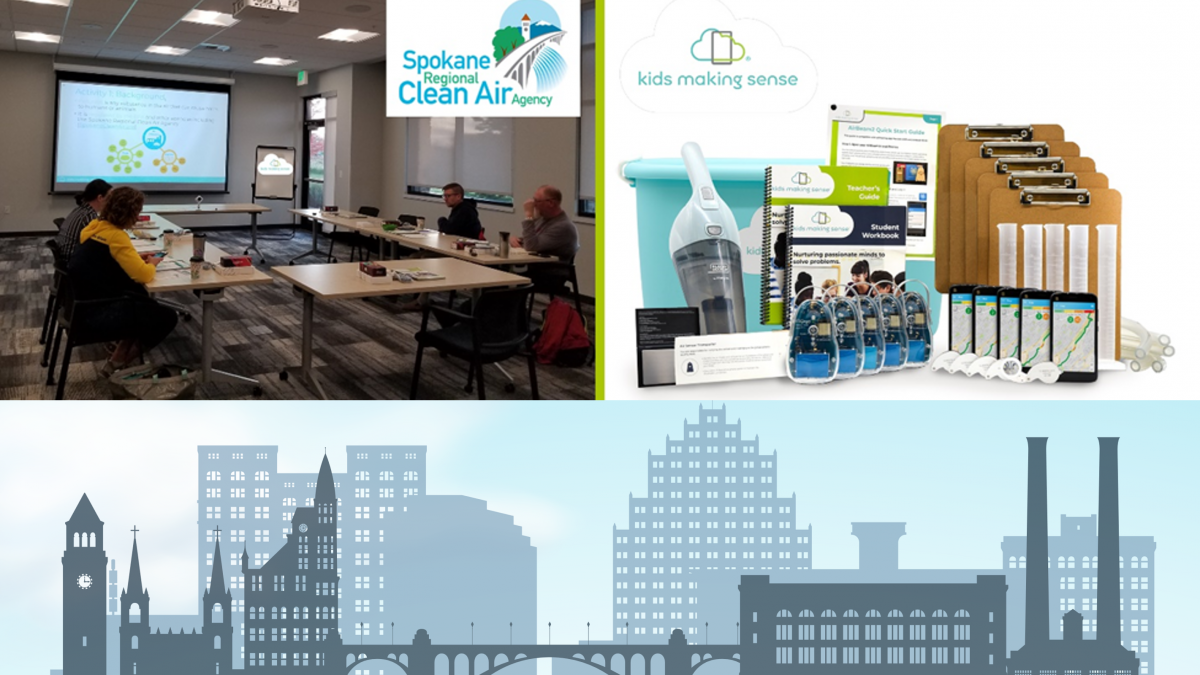
Empowering Future Environmental Stewards: The Kids Making Sense Pilot Program by the Spokane Regional Clean Air Agency

In a time marked by growing environmental concerns, it’s imperative to educate the next generation about the importance of clean air and the role they can play in preserving it. The Spokane Regional Clean Air Agency (SRCAA) has taken a pioneering step toward this goal with the Kids Making Sense pilot program, made possible with grant funding from the Washington State Department of Ecology. This initiative aims to empower young minds to become advocates for cleaner air in their communities, and encourages community members to measure air quality by providing access to air sensors through the sensor loan program. In this blog post, we’ll explore the key details and impact of this program.
Kids Making Sense Overview
The Kids Making Sense program was designed by scientists and educators at Sonoma Technology to engage students in hands-on activities that focus on air quality and pollution in their communities. The curriculum promotes community involvement and environmental stewardship, and aims to empower students to learn how to monitor air quality in their communities and impact real-world changes.
Successful Launch
SRCAA worked with eight schools in Spokane County, WA, to launch the Kids Making Sense program in Fall 2023, where 13 teachers took part in training with Sonoma Technology scientists. Each school received a classroom kit with multiple hand-held air quality sensors, supplies to conduct a range of hands-on experiments, and accompanying curriculum. Over the first year, the program reached approximately 1,000 students in the Spokane area.

We collected extensive feedback through pre-and post-program surveys. Teachers reported that students were engaged with curriculum, and that the Kids Making Sense activities helped to educate students about local air quality topics they had primarily learned about on the news. Teachers also reported that their students gained air quality knowledge and skills such as the ability to interpret and analyze data and design a scientific investigation. On one survey, a teacher noted, “as an [advanced placement] AP teacher, I saw a huge improvement in their knowledge and ability to answer air pollution questions on the college board test” (read the full report here). On the air sensor module, teachers described some of their student’s experiments as follows:
- Monitoring near roadways: Students noticed diminished air quality near busy streets and city bus stops compared to residential areas with low traffic.
- Indoor AQ exploration: Students measured the air quality within their classrooms and in the hallways.
- Mapping AQ around campus: Students took measurements around the school, mapping out different locations. Back in the classroom, students looked at their collected data with their teachers and discussed why some areas had different PM2.5 concentrations, why values may differ, and how to improve the experiment next time.
“As an AP teacher I saw a huge improvement in their knowledge and ability to answer air pollution questions on the college board test”
-11th and 12th grade teacher, Lewis and Clark High School, WA
“I loved the training. I thought it was informational, well-paced, and the trainers were knowledgeable. Teacher: look early to find a way to put this into your lessons!”
– 6th grade teacher, Medical Lake Middle School, WA
Air Sensor Loan Program
To further engage the Spokane community, an air sensor loan program was established. This initiative allows community members to borrow handheld particulate matter (PM) air sensors from local libraries, along with a Sensor Loan Guide. Users can map real-time PM data and access resources provided in the Guide, enhancing their understanding of air quality and pollution sources. The Sensor loan program will be available to the public at the Central Library in downtown Spokane starting in February 2024!

What’s Next?
To further engage the Spokane community, an air sensor loan program was established. This initiative allows community members to borrow handheld particulate matter (PM) air sensors The program recently received funding for an additional two years, and SRCAA is actively recruiting middle and high schools in the county to participate during the 2023-2024 school year! The library loan program is being expanded in Spokane, and Kids Making Sense is excited to expand the program to other air Districts and libraries around the country.
To further engage the Spokane community, an air sensor loan program was established. This initiative allows community members to borrow handheld particulate matter (PM) air sensors The program recently received funding for an additional two years, and SRCAA is actively recruiting middle and high schools in the county to participate during the 2023-2024 school year! The library loan program is being expanded in Spokane, and Kids Making Sense is excited to expand the program to other air Districts and libraries around the country.
For more information on the Spokane effort, please visit: https://spokanecleanair.org/learning-center/air-quality-sensors/
To express interest in participating in the 2023-2024 project in Spokane, please contact: Lisa Woodard: lwoodard@spokanecleanair.org
To express interest in setting up a similar program in your region, please contact: oryder@sonomatech.com or hello@kidsmakingsense.org
The Spokane programs were made possible by a grant from the Washington State Department of Ecology. Funding was also provided by local companies: Avista, Central Pre-Mix/Inland Asphalt, and Hotstart Thermal Management.
If you are interested in bringing Kids Making Sense® to a school near you, Sonoma Technology can help write a proposal to secure SEP grant funding. Email Program Director Olivia Ryder at ORyder@SonomaTech.com for more information!

